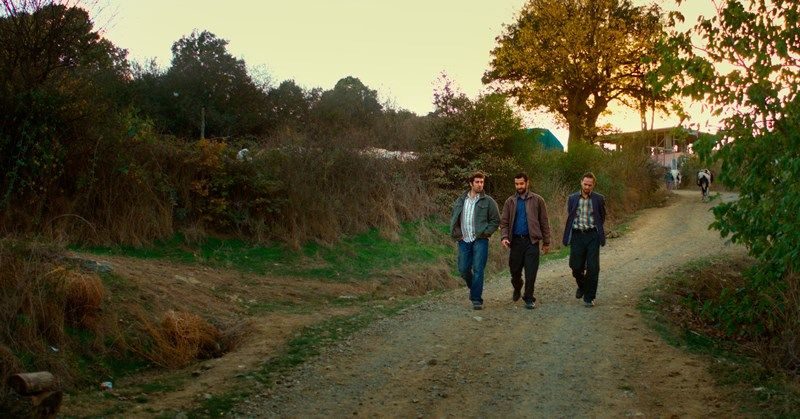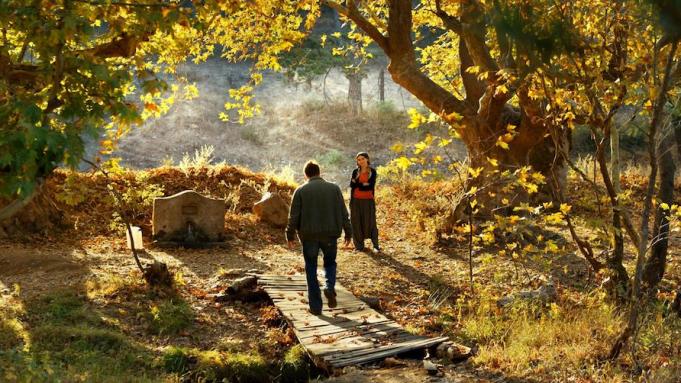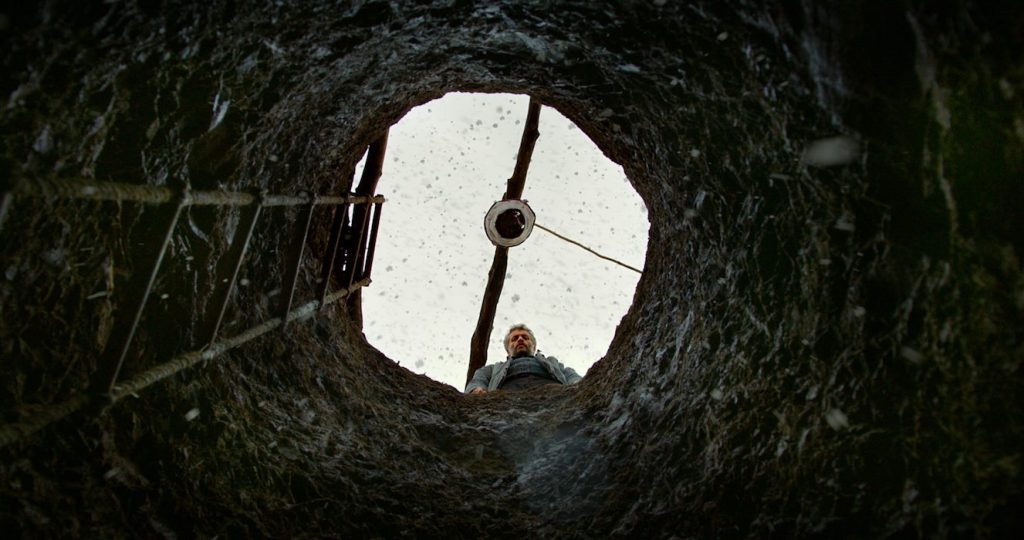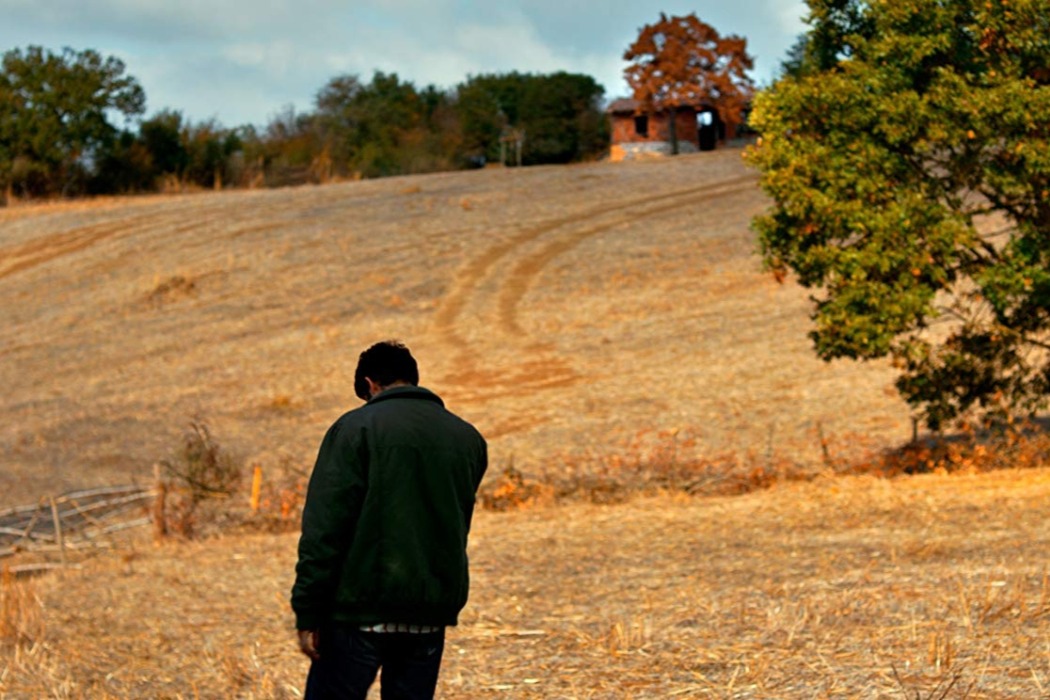This is the first time I’m writing on a Nuri Bilge Ceylan film on my blog. He is a great filmmaker for sure, and is critically acclaimed globally. It would be fair to call him an auteur director because if we were to see one scene from any of his films, we could guess it was shot by him. Besides, he is the only Turkish director my Film Criticism Professor knew. Respect.
Ceylan’s films tend to intimidate most people in Turkey as these “festival films” give the impression that the regular moviegoer won’t get the idea. The fact that Ceylan’s films are almost three hours long doesn’t help the bad name. However, the director reported that he has no unhappiness regarding not many people watching his movies.
In my opinion, his films are not intended to be hard-to-grasp or targeting the intellectual few. His work is exceptional as he manages to tell deep emotions and situations within one storyline. Ceylan skillfully captures the essence of the Turkish culture, the habits, and the general attitude of the people. These troubles are proven to be shared globally as the films resonate with people outside Turkey, too. Today I’ll write about his last movie, The Wild Pear Tree (Ahlat Ağacı).
Our main character comes from the big city to the small town to make his dreams come true. Sinan (Doğu Demirkol) is an unpublished writer who graduates from the university and comes to his smaller hometown, Çan. He is searching for an identity and has a lot of confrontations before embracing himself, his family, and his town.

Sinan wants to break free from his hometown, as he thinks he is too good for it. However, he is also scared of getting lost outside of it. Therefore, the feeling of not belonging is a big theme. There is a scene in which Sinan is at the top of the hill with his friends, literally looking down on the town. Yet, later on, they walk down the hill following the path to end up where he tells he despises. Sinan doesn’t believe he belongs to Çan, but there isn’t anywhere else he could go, either.
In the dream sequence, Sinan gets caught in the Trojan Horse. I believe it refers to Sinan’s feelings of not belonging and guilt. The soldiers in the horse was a sneaky entrance of the ones that didn’t belong in there. Him getting caught suggests that he cannot blend in, but also feels guilty about it. The whole film he blames the others, but he subconsciously feels like a betrayer.
Hatice (Hazar Ergüçlü) is the embodiment of the entrapment which Sinan fears the most. She sees the outside world and the possibilities on television but is trapped in her life in the village. Dependency on tv and the colorful lives it brings into the house is also visible in Sinan’s mother and sister. These characters cannot leave their town to live the lives they would have liked, so end up watching them on the screen. And Sinan knows for sure that he is not going to be one of them.

The wild pear tree that gives the film a title is told to be a misfit, lonely, and amorphous. I also read that the fruit requires some time after being picked off the tree to be ready to eat. Our wild pear Sinan is a misfit both in his hometown and family as he cannot relate to them, especially after graduating from university. However, he needs to spend some time in Çan to admit to himself that he is not that different or unique.
Sinan’s father, İdris (Murat Cemcir), is playing a significant part in his redemption. He is a teacher, like Sinan. İdris is trying to pull out water from the well despite everyone else thinking he is a fool to be trying so. But he doesn’t get down by what others say. He keeps on working and keeps smiling, reminding me of Nasreddin Hodja’s famous story where he is fermenting the lake with a bit of yeast: “What if it does?”
Sinan is introduced with the need to prove that he is way different from his father. But the story evolves to show otherwise. İdris’s desire to pull out water from the well to prove himself is not that dissimilar to Sinan’s need to publish his book. We see an image of him hanging himself in the well, killing the Sinan that disparages his father, and is reborn as a new Sinan who embraces his father as another misfit, just like him.
In my opinion, the ending suggests the importance of confronting our parents’ failures and moving past them. Sinan finally sees his father as a person with dreams and disappointments instead of a failed father figure. He also realizes how his father has been his sole cheerleader during this whole process. Then, İdris’s cause becomes his cause, too, as he wants to help his father prove himself the way he did for Sinan.

I am leaving out an immense amount of material from the film, obviously, and there are perfect details from the Turkish mentality. For instance, the writer, Süleyman (Serkan Keskin), repeats himself in his writings and believes he is right just because he is louder. The scene with the mayor shows how institutions seem to be supporting the public but burying them under procedures. And many, many more.
Nuri Bilge Ceylan calls himself a filmmaker that devoted himself to tell the troubles of the people. And he is brilliant at it! This post will be my call for action: if you are one of the people intimidated by his films without ever giving it a try, watch The Wild Pear Tree and let me know about the experience.
